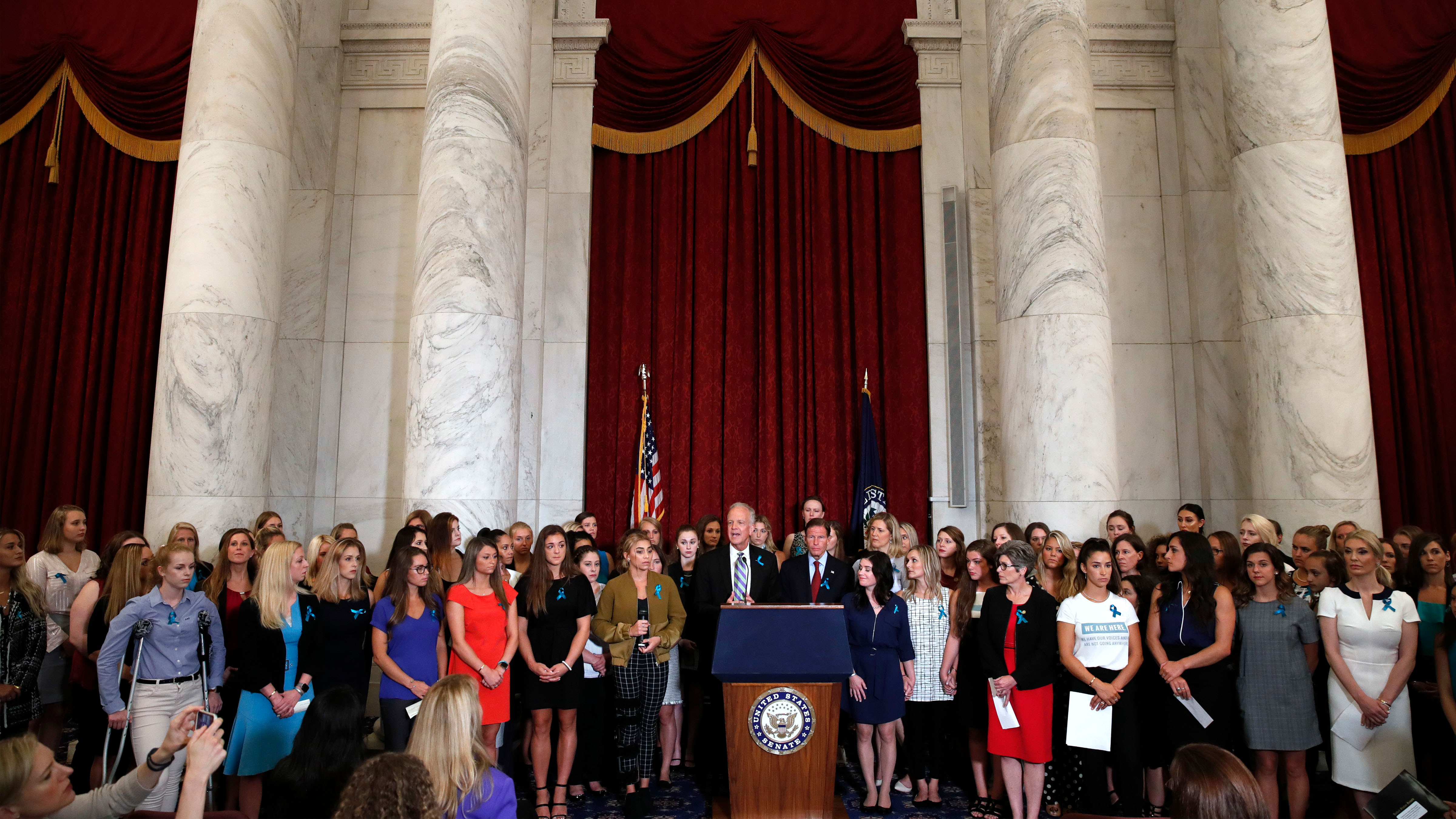Medical interpreters give voice to those who feel lost trying to navigate COVID-19 pandemic protocols alone
Andrew Gomez grew up interpreting for his parents at doctor's appointments. Now, he is a medical interpreter giving voice to those who feel lost.

RIVERSIDE, Calif. (KABC) -- Language barriers at the doctor's have always been an obstacle, but the pandemic has added another layer. Vulnerable loved ones are forced to be alone in hospitals and clinics.
Chest pain landed 77-year-old Monica Martinez of Homeland in the hospital for four days. She's more comfortable speaking Spanish so without an interpreter, she felt lost. Homeland is in Riverside County, where nearly 35% of residents are native Spanish speakers.
Coronavirus protocols prevented Martinez's daughter, Erika Galvez, from being with her.
Early symptoms could indicate severity of COVID-19

"She felt really lonely, like someone just left her there," Galvez said. "Especially during this pandemic, you can't be in there and you can't help your family member in situations like this."
After discharge, Martinez switched her care to the Riverside University Health System, where medical interpreter Andrew Gomez gave her a voice. He's also a conduit for her doctor.
"I have to interpret everything the provider is saying. I speak in first person as if I was the provider," Gomez said.
Besides words, tone and pace are key. As a child, Gomez honed his interpreting skills.
"My mom and my dad would have their doctor's appointments or even just sort of business appointments and I would be there with them," he said.
Antiobiotic-resistant superbugs intensify during COVID pandemic

The medical training Gomez gained as an EMT also prepared him. He can often convey what a family member cannot. Gomez also realized connecting communities depended on incorporating cultural nuances.
"Where they're from, what region," he said. "There are little things like that that make a difference. And what sort of terms and ways that you deliver what the provider is saying."
Galvez said, "He is more familiar with her culture. It makes my mom feel more comfortable. Everything is understandable."
These days, Gomez interprets through video screens but dons protective gear when families need help especially during their loved ones' last moments.
"That definitely takes a toll on you," he said. "We'll go in there, and we'll do the in-person interpreting. Things like that definitely need an in-person interpreter."
Gomez said he's heard far too many times that patients avoided care when there wasn't an interpreter available. Due to the pandemic, the ability to bridge language barriers have become an even greater essential service.









